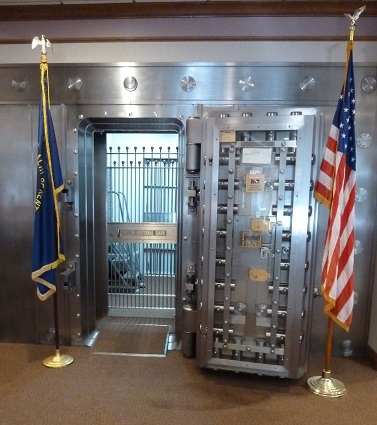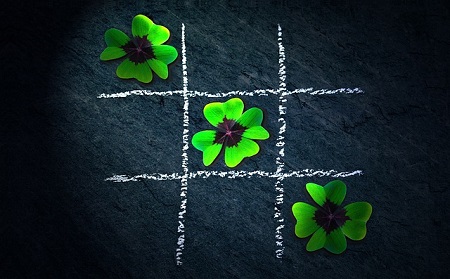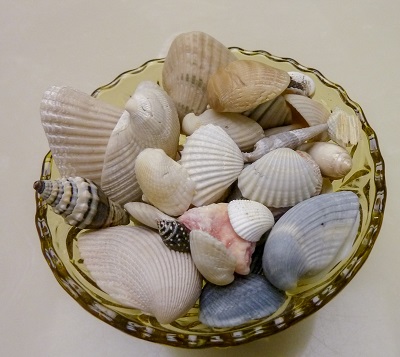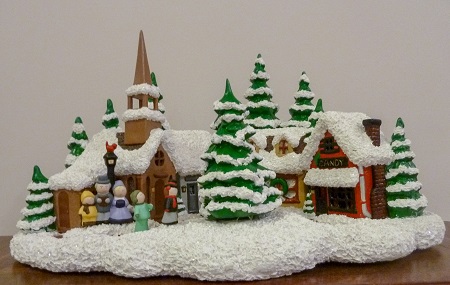Burst with Joy
 I remember the first time I saw this silo. It looked like it would burst with joy. A freshly painted smiling face greeted every passing traveler.
I remember the first time I saw this silo. It looked like it would burst with joy. A freshly painted smiling face greeted every passing traveler.
To burst with joy means we are so full of joy we can hardly hold it.
Our cup runs over with happiness.
The years have been hard on my silo friend.
- Its paint has faded. Yet, its smile remains.
- Rain, wind, and storms have given it a hard time. Yet, it still stands.
- Time will continue to take its toll. Yet, each change reveals the silo’s inner strength.
It still looks like it could burst with joy.
I love the lessons this old silo teaches.
- Age changes our appearance. Yet, it does not have to take our smile.
- Life’s storms beat against us. Yet, they don’t have to defeat us.
- Time will take its toll on our lives. Yet, we can make the best of each life stage.
We can’t always choose our life circumstances. Yet, we can choose our attitude.
Thanksgiving reminds us to count our blessings.
- If we have faith, family, and friends, we have more wealth than many in our world.
- Food to eat, a home, and basic needs also make us richer than most.
When we share with others, our blessings grow.
May we never forget to thank God and the people who add joy to our lives.
Let’s also never forget to bless others.
Keep smiling. Let your life burst with joy.
Happy Thanksgiving!
“Shout for joy to the Lord, all the earth, burst into jubilant song with music” (Psalm 98:4 NIV).
What makes you burst with joy? Please comment below.
Subscribe to receive my weekly posts by email and receive a free copy of “Words of Hope for Days that Hurt.”
If you enjoyed this post, please share it with your friends.
 Liberty, Kentucky’s Veterans Memorial Park includes three walls with names of local veterans. A Liberty Bell replica stands at the entrance and a fountain in the center. American flags line the back wall.
Liberty, Kentucky’s Veterans Memorial Park includes three walls with names of local veterans. A Liberty Bell replica stands at the entrance and a fountain in the center. American flags line the back wall. To get to the top floor of a house, we usually climb stairs. To go over the top of the house requires more work – extreme efforts. Most of us would be foolish to try.
To get to the top floor of a house, we usually climb stairs. To go over the top of the house requires more work – extreme efforts. Most of us would be foolish to try. If someone pays us by check, we take it to the bank. The check promises money.
If someone pays us by check, we take it to the bank. The check promises money. I have heard third time’s a charm all my life. Like many older expressions, I could not find its origin.
I have heard third time’s a charm all my life. Like many older expressions, I could not find its origin. Above all, I depend on guidance from my never-failing God.
Above all, I depend on guidance from my never-failing God. To warm the cockles of my heart, something makes me happy.
To warm the cockles of my heart, something makes me happy. Many stores open early and close late on sale days. Early shoppers find several choices. Those who shop later in the day find slim pickings.
Many stores open early and close late on sale days. Early shoppers find several choices. Those who shop later in the day find slim pickings. Deck the Halls is a traditional Christmas and New Year’s song.
Deck the Halls is a traditional Christmas and New Year’s song. “You described my life to a T.” That was Judith Coopey’s response to one of my blog posts. As soon as I read her words, I knew I had to write about them.
“You described my life to a T.” That was Judith Coopey’s response to one of my blog posts. As soon as I read her words, I knew I had to write about them. What fun to be free as a bird:
What fun to be free as a bird: In honor of them, wave
In honor of them, wave